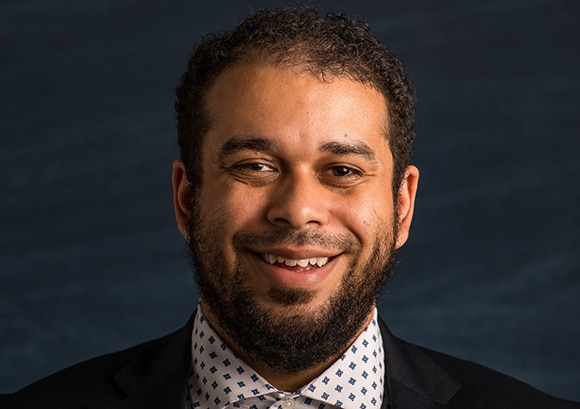Lawmakers in Washington state have the opportunity to begin to reduce the state court system’s reliance upon legal financial obligations (LFO) revenue from people with limited or no incomes that are in the criminal legal system. LFOs are fines, fees, court costs, and restitution that are assessed when a person is sentenced for a conviction. LFOs can be sentenced by themselves or added to other punishment such as incarceration. Legislators must work to quickly pass House Bill (HB) 1412, which provides relief to people who cannot pay their LFOs.
Currently, state sentencing laws require assessing mandatory fines and fees through the Victim’s Penalty Assessment ($500 per felony and $250 per misdemeanor) and DNA collection fees ($100), among other monetary sanctions. Each year, around 70% of people who receive court-mandated fines or fees cannot afford to pay them, pushing people into debt or exacerbating financial hardships. What starts out as a couple hundred dollars owed in LFOs could end up as thousands of dollars of court debt. This ballooned debt is devastating to individuals and their children and loved ones, causing people to make impossible decisions about which bills to pay, or which basic needs must be foregone to make monthly payments. For people who have difficulty making ends meet each month or who are reentering the community after serving their sentence in prison, LFO debt can lead to or worsen traumas, such as health issues or homelessness.
Due to ongoing structural racism in policing practices and the criminal legal system, Black, Indigenous, and other people of color (BIPOC) in Washington face disproportionate injustice in the system of LFOs. With greater likelihood of being stopped on the road and ticketed by police, Washington state’s BIPOC communities are also more likely to become ensnared in the criminal legal system and receive a monetary sanction. In Washington, Latinx people are sentenced higher LFO amounts, while Black and Indigenous people are sentenced LFOs more frequently. Further, Black, Latinx, and Indigenous people are more likely to maintain LFO debt for a longer period than white people. These effects of the LFO system disproportionately harm BIPOC community well-being in our state.[1]
As we wrote previously, collecting LFOs from Washingtonians with little or no ability to pay not only exploits and harms thousands of people in our state each year, but is also an incredibly unreliable source of revenue. Millions of dollars in LFOs go uncollected each year because they are levied on people who have little or no way to pay court debt. Collected revenue from LFOs makes up a small part of a typical Washington state jurisdiction. This small amount of usable revenue comes at a large cost to the well-being of communities across our state.
If enacted, HB 1412 would provide relief to people with no ability to pay their LFOs relief from debt and a better chance at successful community reentry. This legislation is vital to improving economic, legal, and racial justice for people in our criminal legal system with limited or no incomes. Specifically, the bill passed by the House would:
- Eliminate the mandatory Victim Penalty Assessment (VPA), create dedicated state funding to replace the VPA, and give the court discretion to waive any previously imposed unpaid VPA if the person does not have the current or likely future ability to pay;
- Eliminate the mandatory DNA collection fee, create an account with dedicated state funding for DNA collection, and upon a motion, require courts to waive all but one previously imposed DNA collection fee;
- Give courts discretion at sentencing to waive interest on restitution LFOs after determining a person’s current and future ability to pay and considering victim input;
- Give courts discretion at any time, including at sentencing, to waive restitution and interest on restitution that is owed to an insurer or state agency if the person lacks the current or future ability to pay;
- Place a time limit on the court’s ability to collect non-restitution LFOs, with additional limits if the person lacks the current or future inability to pay; and,
- Expand the definition of “indigent” to include additional compelling life and financial circumstances that demonstrate an inability to pay.
Giving people greater access to LFO debt relief provides life-changing effects upon people’s economic and housing security and their well-being. Passing HB 1412 helps Washingtonians with limited or no incomes—who are serving and have served their time and are reentering their communities—move past their convictions. The bill creates more reliable funding for victims across the state. And HB 1412 begins to tackle the many unjust ways that the LFO system disproportionately harms and exploits BIPOC.
Our current LFO system deepens hardship and makes it more difficult to help make victims whole—bringing people further from justice. HB 1412 continues reform efforts of the LFO system and provides greater legal and economic protection and relief to people with limited or no incomes. Legislators must continue advancing economic, racial, and legal justice this session by passing HB 1412.
